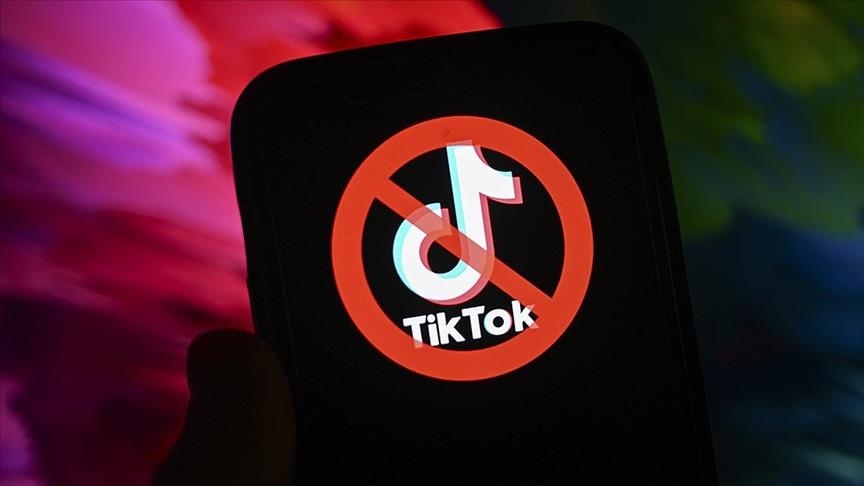Concerned that the Chinese government could request data from the enormously popular video-streaming app, Montana became the first state to approve a bill that would prohibit TikTok.
On Friday, the Republican-controlled House of Representatives in Montana passed the bill and handed it to Republican Governor Greg Gianforte, who can now sign it into law.


The measure makes the popular video-streaming software TikTok illegal to download in the state, with penalties of up to $10,000 per day for any organization, such as Apple’s and Google’s app stores or TikTok itself, that makes the app available to the public.
The ban in the state, if passed, would not go into effect until January 2024.
TikTok is anticipated to file a challenge in federal court well before then, setting the stage for a legal battle that proponents of the Montana law fear could one day reach the U.S. Supreme Court.
There is no feasible plan
According to Brooke Oberwetter, a representative for TikTok, the bill’s supporters have confessed that there is “no feasible plan” for enforcing the ban on the app because it would be nearly hard to implement by restricting app downloads in any one state. According to Oberwetter, the law amounts to an attempt to silence Montanans.
“We will continue to fight for TikTok users and creators in Montana whose livelihoods and First Amendment rights are threatened by this egregious government overreach,” said Oberwetter.
The American Civil Liberties Union (ACLU) has joined the ranks of those who oppose the law, claiming that it violates people’s right to free speech and “would set an alarming precedent for excessive government control over how Montanans use the internet.”
However, proponents point to a 2017 Chinese intelligence law that mandates the disclosure of consumer information to the government upon request from Beijing. TikTok has previously stated that it will never comply with such a request, thus this comes as a surprise.
However, the restriction would be lifted if TikTok were sold to a corporation based in a non-hostile country, as stated in the bill. If Congress passes a law that would lead to a statewide ban on TikTok, then the measure would be null and void.
While the Biden administration is still in talks with TikTok over its future in the United States, Montana has begun an aggressive crackdown on the app. TikTok was warned last month by White House officials that it may be shut down nationwide if it did not separate itself from its Beijing-based corporate parent business, ByteDance.
A target of Congress’s scrutiny
TikTok is also a target of Congress’s scrutiny. A plan that has gained support on both sides of the aisle would authorize the Department of Commerce to prohibit the use of applications that are under the control of “foreign adversaries,” a category that might include TikTok.
TikTok is seen as a potential threat to national security by lawmakers in both Montana and the nation’s capital.
Since ByteDance owns TikTok, there is concern that the Chinese Communist Party would try to gain access to the app’s 150 million American accounts in order to spy on American residents or use personal data to launch disinformation campaigns.
Concerns have become louder in recent months, but there is no proof that Chinese authorities have ever attempted to access TikTok’s data that has been made public.
Last month, Shou Zi Chew, CEO of TikTok, was grilled by senators in Washington, DC, as he tried to allay partisan concerns about the popular social media app.
Most senators thought Chew’s evidence was unimpressive and simply hardened their stances against TikTok because he was sometimes evasive on queries about China.
Concerned about similar threats to national security, the Trump administration tried to shut down TikTok in the United States. Executive overreach and a lack of proof for the notion that TikTok is a security danger led federal judges to block the move.




